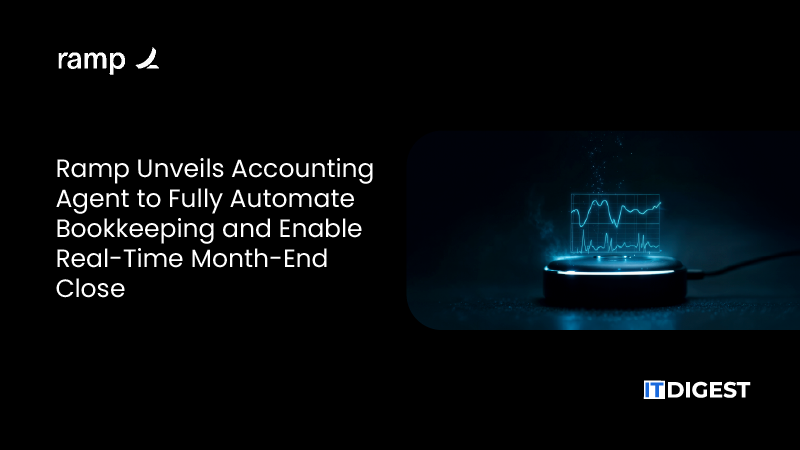Visa, a global leader in payments, announced its next step in modernizing cross-border money movement. Visa is expanding its stablecoin settlement capabilities to the high-performing Solana blockchain and is working with merchant acquirers Worldpay and Nuvei.
Through live pilots with issuers and acquirers, Visa has already moved millions of USDC between its partners over the Solana and Ethereum blockchain networks to settle fiat-denominated payments authorized over VisaNet.
When consumers use Visa cards to make a purchase at any of the millions of Visa-accepting merchant locations around the world, they can experience the convenience of nearly instant payment authorizations. But what they don’t see is that the funds used for their purchase need to move between their bank (the issuer) and the merchant’s bank (the acquirer). This is where Visa’s treasury and settlement systems enable the clearing, settlement and movement of billions in transactions a day, making sure the correct amount in the preferred currency is received from the issuer and sent to the acquirer. This process happens seamlessly between nearly 15K financial institutions and across more than 25 currencies globally.
“By leveraging stablecoins like USDC and global blockchain networks like Solana and Ethereum, we’re helping to improve the speed of cross-border settlement and providing a modern option for our clients to easily send or receive funds from Visa’s treasury,” said Cuy Sheffield, Head of Crypto, Visa. “Visa is committed to being on the forefront of digital currency and blockchain innovation and leveraging these new technologies to help improve the way we move money.”
Building on the Crypto.com Pilot
In 2021, Visa began testing how USDC could be used inside its treasury operations which led to a pilot with Crypto.com, making Visa one of the first major payments networks to test stablecoin settlement on the issuance side. This work led to a successful pilot leveraging USDC and the Ethereum blockchain to receive payments from Crypto.com for cross-border volume on their live card program in Australia. Crypto.com now uses USDC to fulfill its settlement obligations on the Visa card in Australia and intends to roll out this capability in other markets.
Before that pilot, settlement for cross-border purchases made on Crypto.com Visa cards required a days-long currency conversion process and costly international wire transfers. Now, Crypto.com can send USDC cross-border over the Ethereum blockchain directly to a Visa treasury managed Circle account which helps reduce the time and complexity of international wire transfers.
“We are excited about the USDC use cases Visa and its partners are driving to create fundamental blockchain innovation,” said Jeremy Allaire, Co-founder and CEO, Circle. “Circle built USDC to provide a functional digital dollar that could move at the speed of the internet to facilitate secure, reliable payments. Expanding the pilot exemplifies how pairing USDC with Visa’s innovation opens up the future of payments, commerce and financial applications.”
SOURCE: businesswire


































